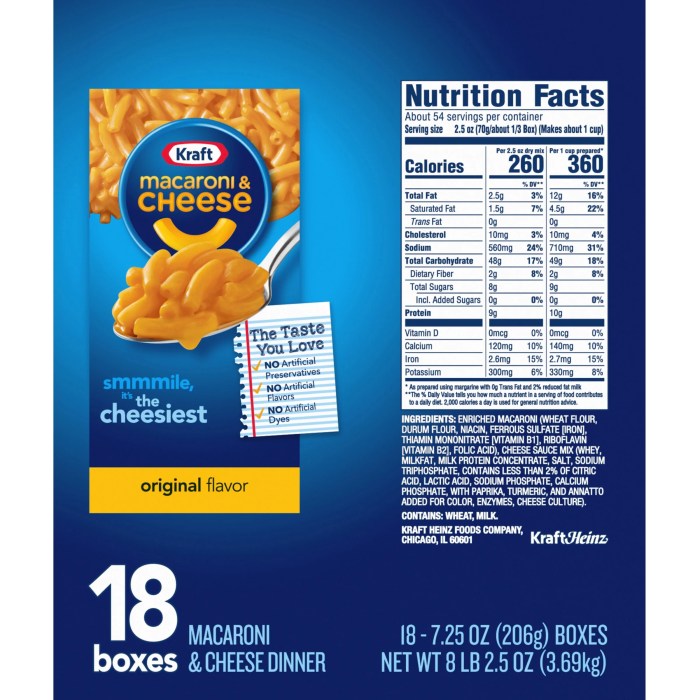Macronutrient Breakdown and Dietary Considerations: Dunkin Donuts Egg And Cheese Croissant Nutrition
Dunkin donuts egg and cheese croissant nutrition – Right, so you’re thinking about that Dunkin’ Donuts egg and cheese croissant, eh? Let’s break down the nutritional lowdown and see if it’s worth the hype – or if it’s gonna leave you feeling proper sluggish. We’re talking macronutrients, potential health impacts, and comparing it to some healthier brekkie options.The egg and cheese croissant packs a hefty punch in terms of macronutrients.
It’s generally high in carbohydrates from the croissant itself, providing quick energy but potentially leading to blood sugar spikes if eaten regularly. There’s a decent amount of fat, much of it saturated, which contributes to the rich flavour but can negatively impact cholesterol levels with consistent consumption. Protein content is moderate, coming mainly from the egg, offering some satiety but not enough to make it a complete protein source on its own.
A precise percentage breakdown varies slightly depending on the specific croissant’s size and ingredients, but we’re looking at a significant proportion of calories from carbs and fats, with protein making up a smaller percentage.
Saturated Fat and Sodium Content
The high saturated fat content is a key concern. Saturated fats contribute to raised cholesterol levels, increasing the risk of heart disease and other health problems if consumed excessively. The sodium content is also typically high in this kind of pastry, adding to potential issues with blood pressure, especially for individuals already at risk. Think of it like this: one croissant might not kill you, but several a week, alongside other high-sodium foods, could be a recipe for disaster.
Regular consumption needs to be considered carefully, especially for people watching their heart health.
Comparison to Healthier Breakfast Alternatives, Dunkin donuts egg and cheese croissant nutrition
Compared to healthier alternatives like oatmeal with fruit and nuts, or a veggie-packed omelette, the croissant falls short nutritionally. Oatmeal provides sustained energy release, fibre for gut health, and essential nutrients. An omelette offers a leaner protein source and the opportunity to include a wider range of vitamins and minerals. The croissant, while undeniably tasty, provides less nutritional bang for its caloric buck.
Dietary Restrictions and Allergies
This is where you need to pay attention to the small print. The croissant likely contains gluten (from the wheat flour), making it unsuitable for those with coeliac disease or gluten intolerance. Dairy is another potential allergen, present in the cheese. Egg allergies are also a possibility, obviously. Always check the ingredient list carefully to avoid any nasty surprises, especially if you have known allergies or intolerances.
Don’t be a mug – check the label!
User Queries
Is the Dunkin’ Donuts Egg and Cheese Croissant suitable for vegetarians?
Depends on the cheese used. Check the ingredients list for any animal rennet.
How much sodium is in the croissant?
Check the nutritional information on the Dunkin’ Donuts website or packaging; it varies.
Can I microwave it?
Yeah, but it might make it a bit soggy. Best to check their reheating instructions.
Are there any gluten-free options similar to this?
Not at Dunkin’ Donuts, but other places might offer gluten-free breakfast sandwiches.
So, I’m trying to be a bit more mindful of my Dunkin’ Donuts egg and cheese croissant nutrition lately. It’s delicious, but those calories add up! I was comparing it to other breakfast staples, and even checking out the mac and cheese nutrition label for a completely different perspective on processed food nutrition. It really made me appreciate how much more straightforward the Dunkin’ croissant’s information is, even if it’s not the healthiest option.



